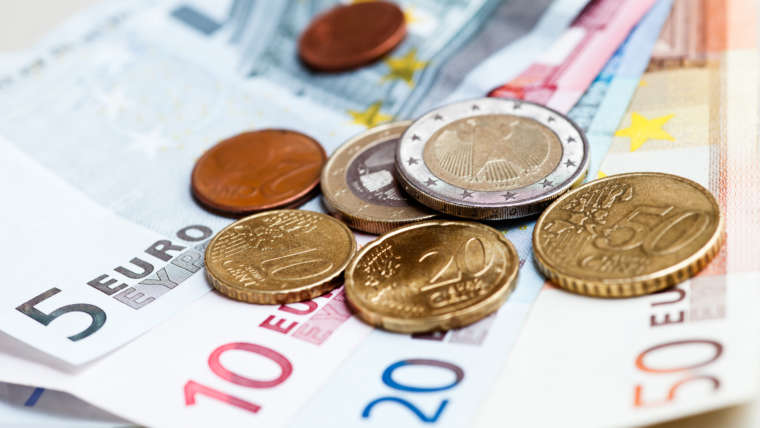Have you ever heard of economic interest groupings? As time goes on, business people and professionals are hearing more about them. However, it is still an unknown term for many people and therefore they do not know how they work.
These groups are in charge of watching over their members and improving the results of the activities they are developing. However, there is much more behind this relatively new term, so let’s talk in more detail about these groups.
How can we define economic interest groupings?
Simply put, economic interest groupings are business entities. These are known by the acronym AIE and, as we have already mentioned, their objective is to facilitate or improve the development of the economic activities of each partner. However, all this is done on a not-for-profit basis.
This means that the benefits they may obtain will not be accounted for in the company. Furthermore, these groupings are limited to a single ancillary economic activity, the one carried out by their members.
How do EIGs work?
Although they are not for profit, EIGs have their own legal personality. With this in mind, these groups cannot hold shares in the companies in which they are members. In addition, they cannot control or direct the economic activities of their partners.
That said, EIGs may be formed by legal entities or individuals involved in agricultural, entrepreneurial or artisanal activities. However, non-profit institutions engaged in research and people with liberal professions may also be in it.
How can EIGs be created?
In legal terms, in order to form an AEI there must be at least two partners. As for the capital they must contribute, the law does not specify a minimum amount, so this is taken into account at the time of creation.
Since it is a partnership, agreements must be established at a meeting where the partners are present. However, it is also valid to determine some agreements through correspondence. However, it is very important that written records of the consultations and the votes of the members be kept by whatever means.
How are decisions made in these groupings?
It is essential that, at the moment of making a decision, no matter how small, the agreement be unanimous. However, if the incorporation agreements state that they may adopt other forms of decision-making, then they may proceed.
It is also very important that the deeds reflect the purposes of the grouping, as well as the votes of each member. Likewise, the necessary requirements must be established if new agreements are to be adopted and about the financing that the IEA will have.
Are there EIGs in Spain?

The answer is yes, only that they are called European Economic Interest Groupings (EEIGs). These are regulated by the EU and its Regulation, and it is established that they must favor the development of the entities belonging to the EU. How can they take care of this? With the cooperation between entities.
Do groupings have limits?
Of course, these groupings have their limits, such as, for example, the aforementioned limitation of not being able to control or direct the economic activities of the members. Nor can they take part in a company that is a member of the association.
EIGs may not employ more than 500 employees or be part of a loan to managers of other companies. Nor should the group be used in any type of transfer of assets between an officer and the company.
The term EIG can raise many doubts, and with good reason. Therefore, it is very important to have professionals who are knowledgeable on the subject; if you are interested in creating an EIG, consult with experts to avoid misunderstandings and various legal problems.


